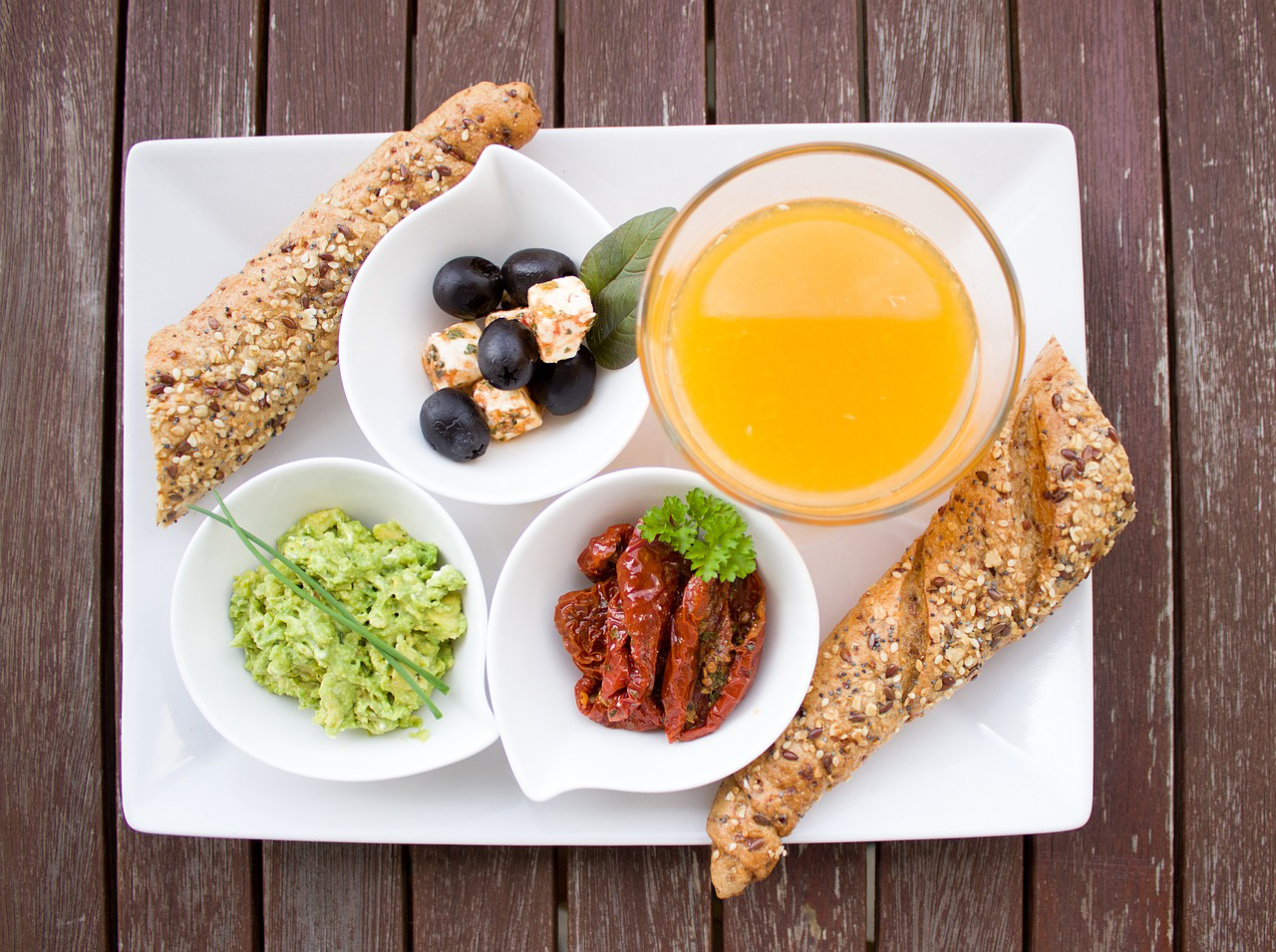Certainly! Let's dive into more detail on the meal plan for a thin person, keeping in mind the principles of balanced nutrition and healthy eating.
1. Breakfast:
- Whole-grain oatmeal: Oatmeal is a great source of complex carbohydrates and dietary fiber, providing a steady release of energy throughout the morning.
- Toppings: Berries (e.g., blueberries, raspberries, strawberries) are rich in antioxidants and add natural sweetness. Nuts (e.g., almonds, walnuts) provide healthy fats and protein, aiding in satiety and overall nutrition.
- Sweetener: A drizzle of honey adds a touch of sweetness, but it's essential to use it in moderation.
Breakfast provides an opportunity to kickstart the day with a good balance of macronutrients (carbohydrates, protein, and fats).
2. Mid-morning snack:
 |
- Fruit: A piece of fruit like an apple or a banana is a nutritious and convenient snack, providing vitamins, minerals, and natural sugars for quick energy.
- Nuts: A small handful of raw almonds or walnuts is a satisfying source of healthy fats and protein.
Snacks should be nutrient-dense, helping to bridge the gap between meals and prevent excessive hunger.
3. Lunch:
- Protein: Grilled chicken or tofu offers a good source of protein for muscle maintenance and repair.
- Salad: Mixed greens, cherry tomatoes, and cucumbers provide essential vitamins, minerals, and hydration.
- Dressing: A homemade vinaigrette with olive oil, vinegar, and herbs adds flavor without excessive calories or unhealthy additives.
- Side: A whole-grain roll or a small serving of quinoa complements the meal with additional fiber and nutrients.
Lunch should be filling enough to sustain energy levels for the afternoon.
4. Afternoon snack:
- Veggies and dip: Carrot sticks with hummus are a tasty combination, providing fiber, vitamins, and minerals.
- Alternative: Instead of hummus, you can have a few whole-grain crackers with guacamole for healthy fats and a different flavor profile.
Afternoon snacks should be light and nutritious, preventing excessive hunger before dinner.
5. Dinner:
- Protein: Baked or broiled fish (e.g., salmon) is an excellent source of omega-3 fatty acids and high-quality protein. Alternatively, plant-based options like lentils can provide protein and fiber for vegetarians or vegans.
- Vegetables: Steamed vegetables such as broccoli, asparagus, or green beans are low in calories and packed with essential nutrients.
- Carbohydrate: A small serving of brown rice or sweet potatoes complements the meal with complex carbohydrates for sustained energy.
Dinner should be well-balanced and satisfying to support overnight fasting.
6. Evening snack (optional):
- Fruit or dessert: A small bowl of mixed berries is a light and refreshing option. Alternatively, a few pieces of dark chocolate (at least 70% cocoa) can satisfy a sweet tooth in moderation.
Evening snacks should be kept light, as the body's energy needs decrease closer to bedtime.
Remember, this meal plan is just an example and can be adjusted based on individual preferences, dietary restrictions, and nutritional requirements. For personalized advice, it's best to consult with a registered dietitian or nutritionist who can tailor a meal plan to suit specific needs and goals.





